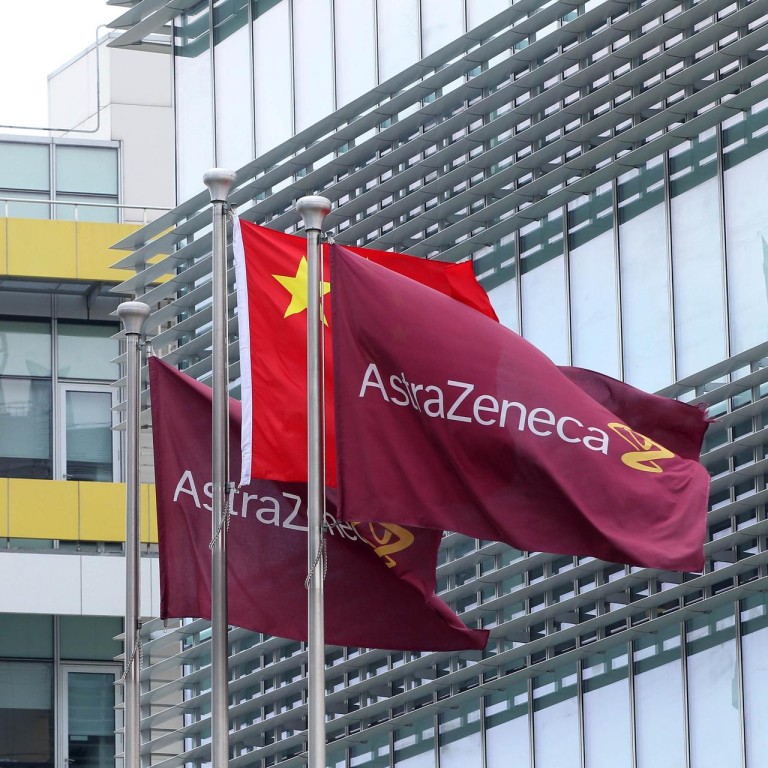
AstraZeneca boosts China investment
Drugmaker is adding staff, says chief, who does not expect wider probe after employee's arrest
AstraZeneca is increasing its investment in China, where sales rose 21 per cent in the second quarter, as the mainland continues its crackdown on corruption in the health care industry.

Mainland authorities are investigating AstraZeneca's larger British rival GlaxoSmithKline over allegations of three billion yuan (HK$3.7 billion) in spurious travel and meeting expenses. Sanofi and Eli Lilly said on Thursday they had received visits from Chinese regulators. An AstraZeneca sales representative remained in detention in Shanghai as police examined an individual case, Soriot said.
"Our organisation in China is very focused on doing business in China the right way," Soriot said. "Our focus is on science and developing medicines that help patients. There are 1.2 billion patients in China, so we are very focused on growing in China."
AstraZeneca had no reason to believe the investigation of the sales representative would expand, and no charges had been brought, he said. Two other employees were questioned in relation to the case and were immediately released, Soriot said.
The regional manager for China and the company's compliance organisation gave Soriot regular updates, the chief executive said. The company did regular compliance checks, and was conducting one as the Glaxo investigation became public, Soriot said.
"We suddenly are looking at routine processes more closely than we would have otherwise," he said. "We're not complacent at all."
Johnson & Johnson, the world's biggest maker of health care products, was fined by Chinese authorities for monopolistic practices.
The ruling resolves a case brought by J&J in 2008 against a distributor that the company said was selling products outside its covered sales area. While the US company won a lower court ruling, the distributor appealed and countersued, charging that the company was engaging in monopolistic behaviour, said Ernie Knewitz, a spokesman for Johnson & Johnson.
"While we are disappointed with the ruling by the Higher People's Court of Shanghai, we are pleased to have put this matter behind us, and look forward to continuing to provide our high quality products and services to health care institutions and patients in China," Knewitz said.
Mainland authorities have accused Glaxo of economic crimes amounting to three billion yuan in spurious travel and meeting expenses as well as trade in sexual favours undertaken to boost sales.
Regulators will "severely crack down" on fake medications, forged documents and bribery, the China Food and Drug Administration said last month.
Glaxo's head of emerging markets, Abbas Hussain, said last month after meeting with government officials in Beijing that some employees may have broken China's laws.
